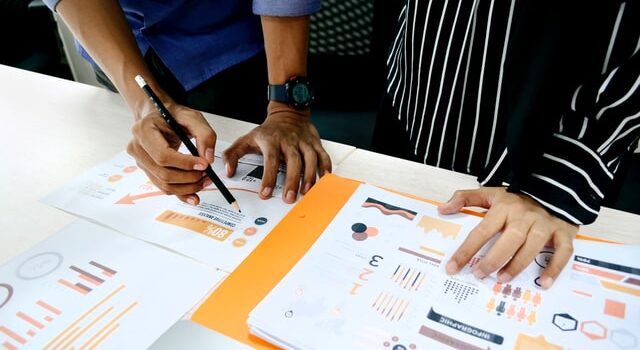Why should you examine a book’s structure? How can x-raying and categorizing a book help you level up your reading skills? According to Mortimer Adler in How to Read a Book, examining a book’s structure is part of inspectional reading. Adler says that if you can’t articulate the book in one sentence and make an outline of the major points, then you can determine that a book is poorly written. Continue reading for more of Adler’s tips on how to examine a book.
How to Examine a Book’s Structure: X-Ray Technique










